Computer Programming - Computer Programming Insight
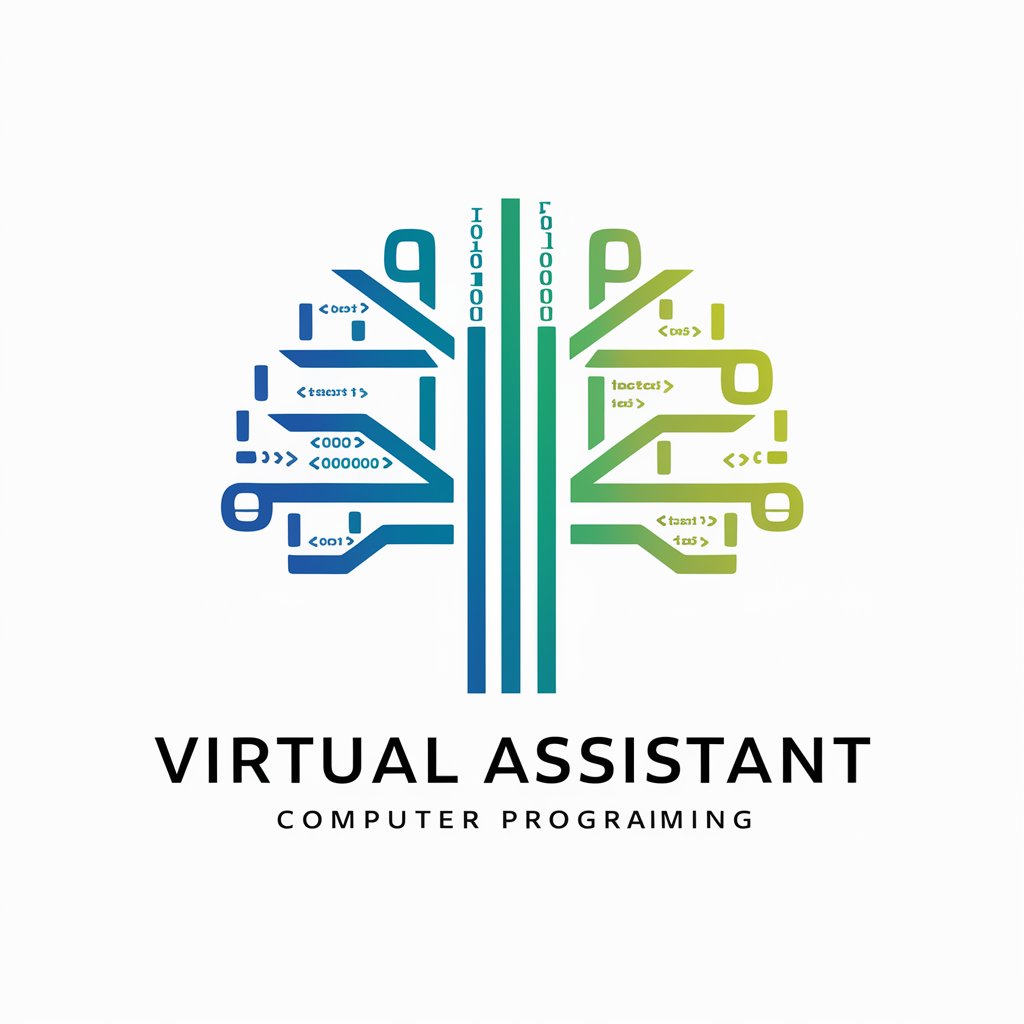
Hello! Ready to dive into the world of coding?
Empowering Code Creation with AI
Explain the difference between object-oriented programming and functional programming.
How do you implement error handling in Python?
What are the best practices for optimizing database queries?
Can you walk me through the process of creating a RESTful API?
Get Embed Code
Introduction to Computer Programming
Computer Programming, often simply referred to as programming, is the process of designing, writing, testing, debugging, and maintaining the source code of computer programs. This source code is written in a programming language, which allows programmers to communicate instructions to a computer in a form that is executable by the computer's processor. The purpose of programming is to create software that performs specific tasks or solves particular problems. Examples of programming applications include creating software for operating systems, developing apps for mobile devices, creating video games, and building websites. An illustrative scenario could be the development of a mobile app that tracks fitness activities. This involves defining the app's functionality, writing the code in a suitable programming language (such as Swift for iOS or Kotlin for Android), testing the app for bugs, and then deploying it for public use. Powered by ChatGPT-4o。

Main Functions of Computer Programming
Software Development
Example
Developing a web application using HTML, CSS, and JavaScript.
Scenario
A company wants to create an online platform to sell products. Programmers design the website's layout with HTML and CSS, then use JavaScript to add interactive features such as product galleries and a shopping cart.
Automation of Tasks
Example
Writing scripts in Python to automate data entry processes.
Scenario
An organization needs to regularly update its database with new client information. A programmer writes a Python script that automates the extraction of client data from emails and its insertion into the database, significantly reducing manual data entry and errors.
Data Analysis and Visualization
Example
Using R or Python for statistical analysis and generating visual data reports.
Scenario
A research team collects large datasets on climate change. They use programming languages like R or Python to analyze the data, identify trends, and create visualizations such as graphs and heat maps to present their findings effectively.
Developing Algorithms
Example
Creating a machine learning model to predict stock prices.
Scenario
A financial analyst wants to leverage historical stock market data to predict future stock prices. Programmers develop a machine learning algorithm using Python, train it with historical data, and then test its accuracy in predicting stock prices.
Game Development
Example
Using Unity and C# to create an interactive video game.
Scenario
A game development studio aims to create a new action-adventure game. Programmers use Unity, a game development engine, and write the game's code in C#, integrating graphics, physics, and user inputs to create an engaging gameplay experience.
Ideal Users of Computer Programming Services
Software Developers
Individuals or teams involved in the development of software applications, ranging from mobile apps and web applications to enterprise software. They benefit from programming services by leveraging various programming languages and tools to build and maintain software.
Data Scientists and Analysts
Professionals who specialize in analyzing complex datasets to extract meaningful insights. They use programming to automate data processing, perform statistical analysis, and create data visualizations.
Students and Educators
Students learning computer science and related fields, as well as educators teaching these subjects. Programming serves as a fundamental skill for them, enabling the development of critical thinking, problem-solving abilities, and understanding of computational thinking.
Researchers
Individuals conducting scientific research in various fields such as biology, physics, and social sciences. They utilize programming to process and analyze data, simulate experiments, and validate hypotheses.
Hobbyists and DIY Enthusiasts
People who engage in programming as a hobby or part of DIY projects, such as developing home automation systems, creating personal websites, or building video games. Programming allows them to bring their creative ideas to life.

How to Use Computer Programming
Initiate Trial
Start by accessing yeschat.ai to engage in a trial period without the necessity for account creation or subscribing to ChatGPT Plus.
Define Objectives
Clearly outline your programming goals or the problems you aim to solve. This could range from learning basics, debugging code, to designing complex software architectures.
Select Language
Choose a programming language that suits your project's requirements. Consider factors like ecosystem, performance needs, and community support.
Write Code
Begin coding by applying best practices. Utilize version control, write clean and readable code, and test your code thoroughly.
Iterate and Improve
Regularly review and refine your code. Engage with community forums for feedback, and stay updated with the latest programming trends and technologies.
Try other advanced and practical GPTs
Merfons专职写手
Craft Your Words with AI Precision

Find My ANZAC Ancestor
Uncover your ANZAC legacy with AI-powered research.

Bicycle
Empowering Your Cycling Journey with AI
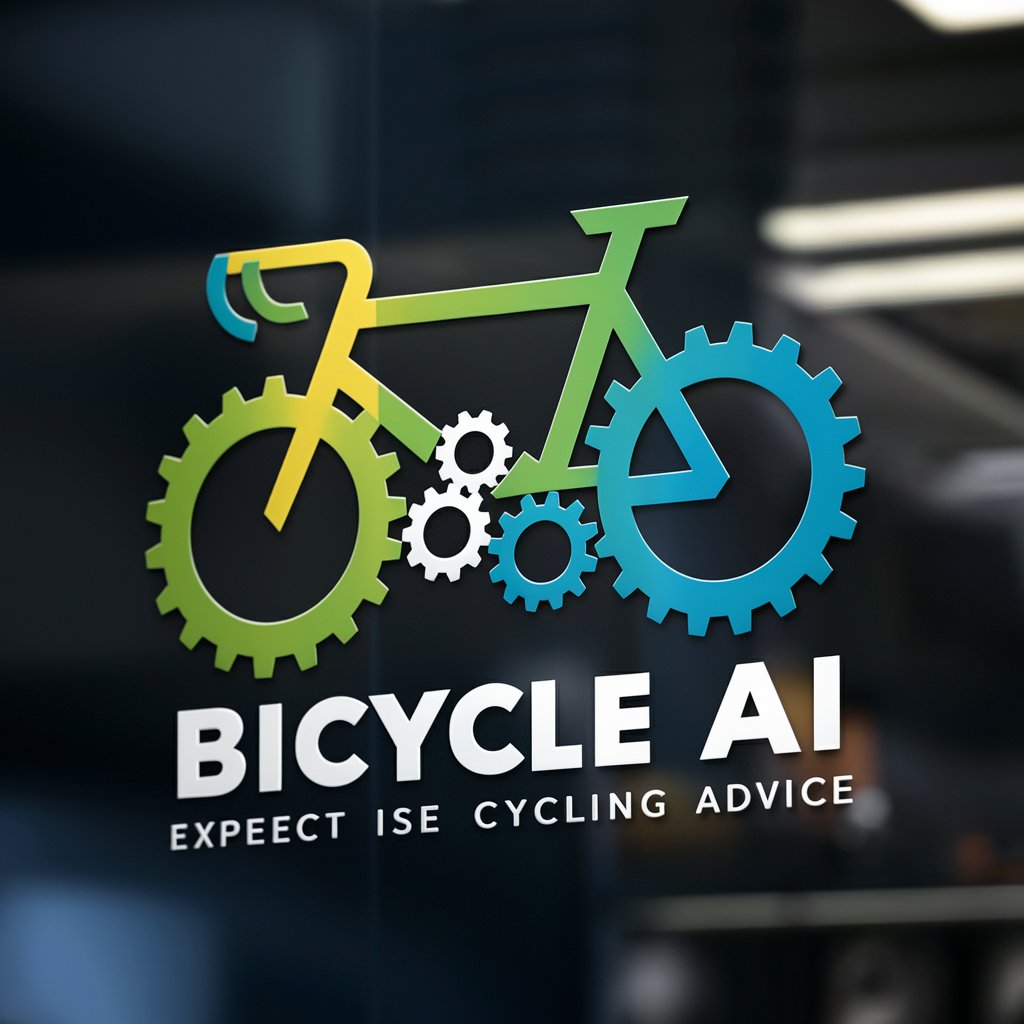
Dress
Empowering Your Style with AI

Kauai Explorer
Discover Kauai's Natural Wonders, AI-Powered

Directory Navigator
Navigate Business Directories with AI

Slippers
Comfort meets style in your home.
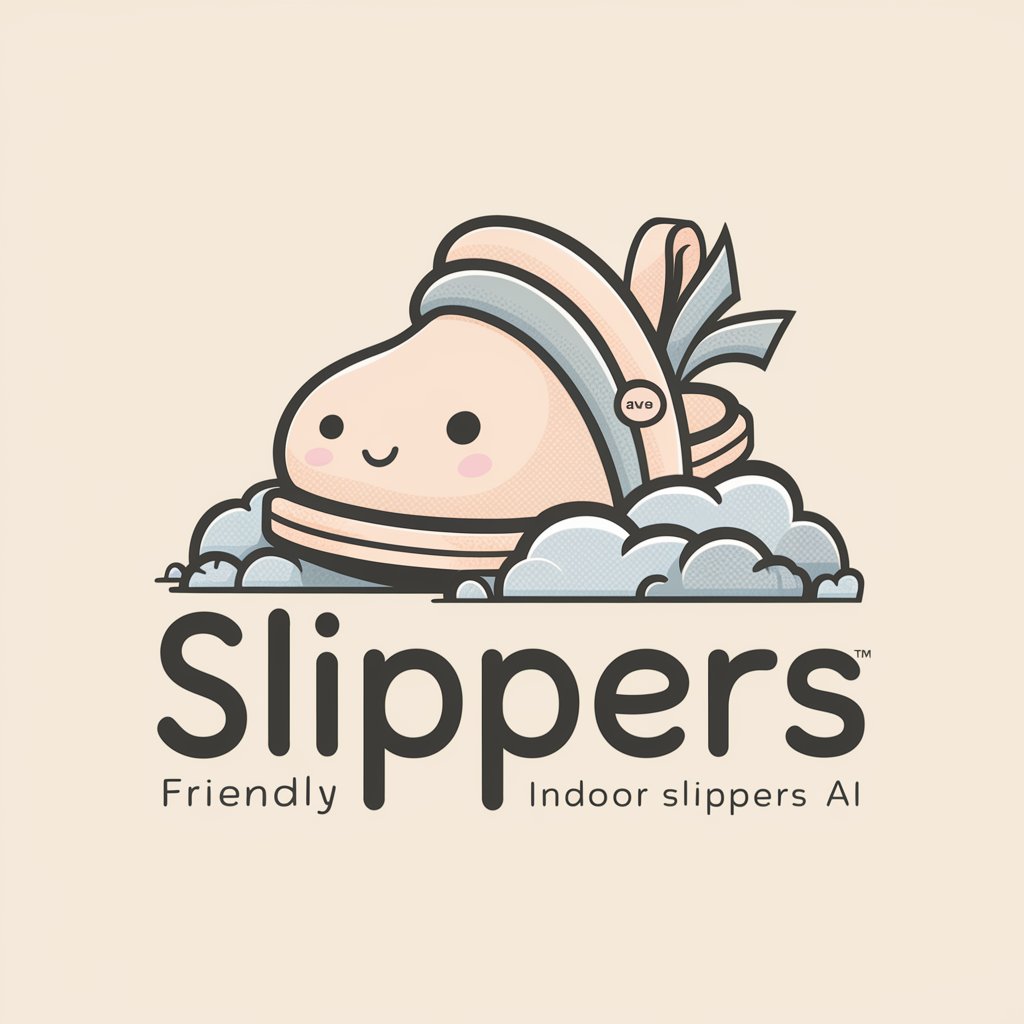
Lawn Mowers
Empowering Your Lawn Care with AI

Ontraport Assistant
Automate, manage, and grow with AI
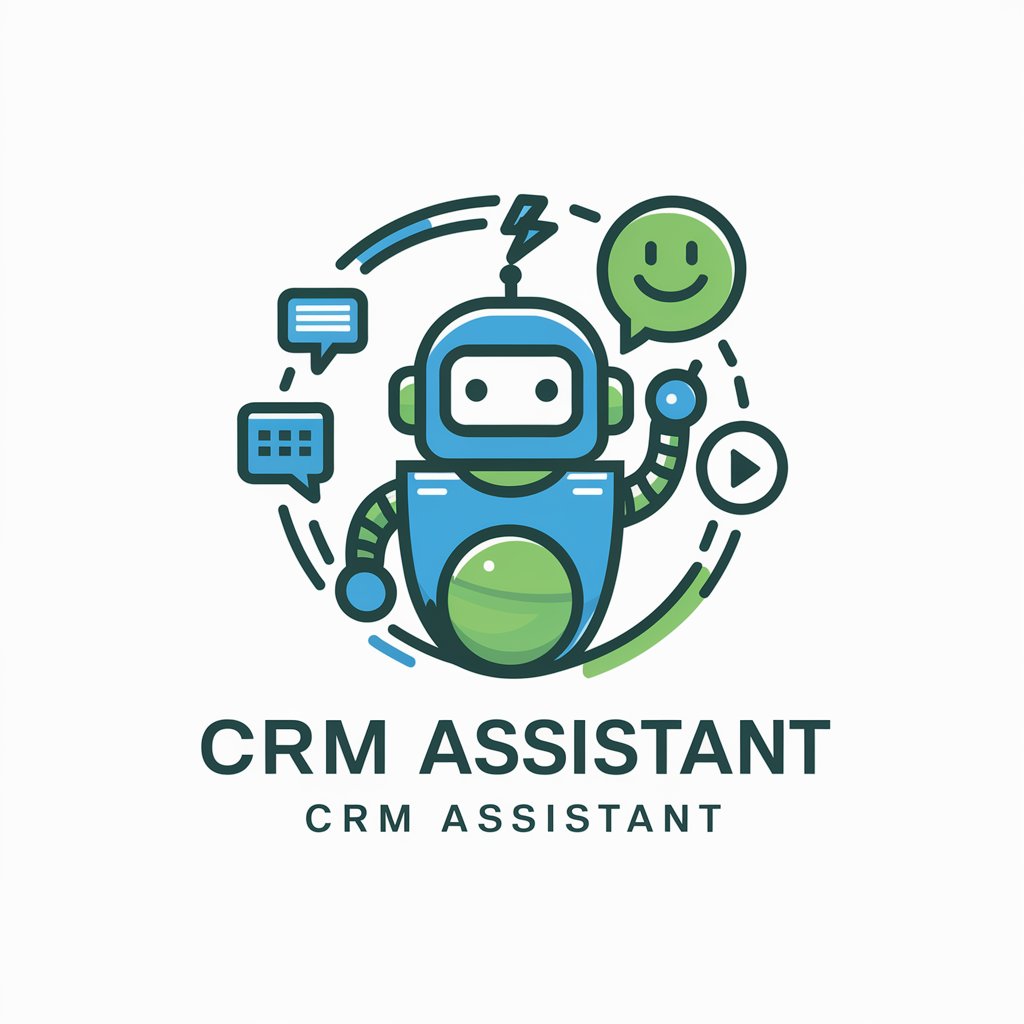
Bali Water Assistant
Enhance Your Brand with AI Insights
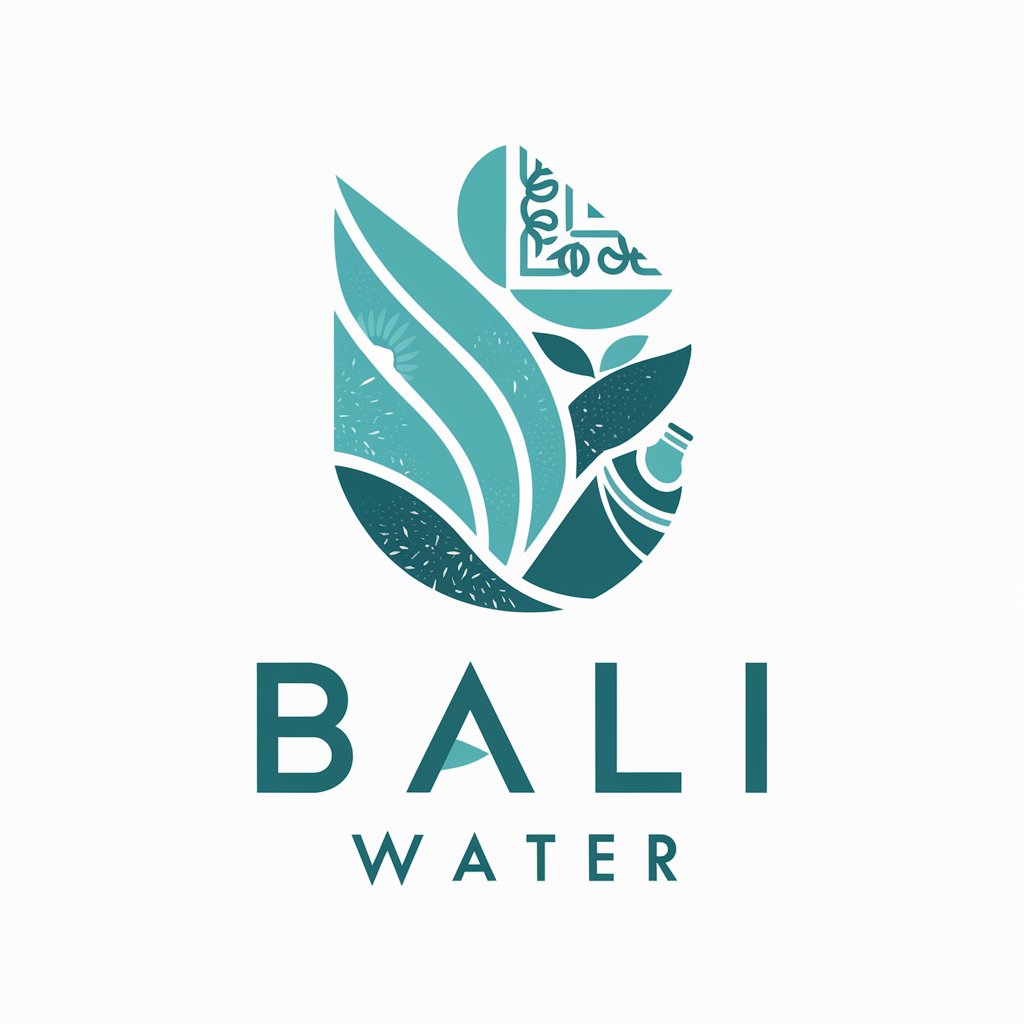
3D Animated Character GPT
Bringing Characters to Life with AI

Roberto
Empowering Game Design with AI Insights

Detailed Q&A about Computer Programming
What is computer programming?
Computer programming is the process of designing, writing, testing, and maintaining the source code of computer programs. It involves the use of programming languages to create software that performs specific tasks or solves problems.
How do I choose the right programming language?
Select a language based on the project requirements, your familiarity, and the language's community support. Research the domains each language excels in, such as Python for data science and JavaScript for web development.
What are some best practices for beginners?
Start with fundamentals, practice regularly, and work on projects. Understand algorithms and data structures, follow coding standards, read other people's code, and learn version control systems like Git.
Can you explain object-oriented programming?
Object-oriented programming (OOP) is a paradigm that uses 'objects'—data structures consisting of fields and methods—to design applications. It emphasizes modularity, encapsulation, polymorphism, and inheritance, facilitating code reuse and maintenance.
What are the key differences between functional and procedural programming?
Procedural programming focuses on procedures or routines to manipulate data, while functional programming treats computation as the evaluation of mathematical functions without state changes. Functional programming avoids mutable data and side effects, promoting cleaner, more predictable code.
